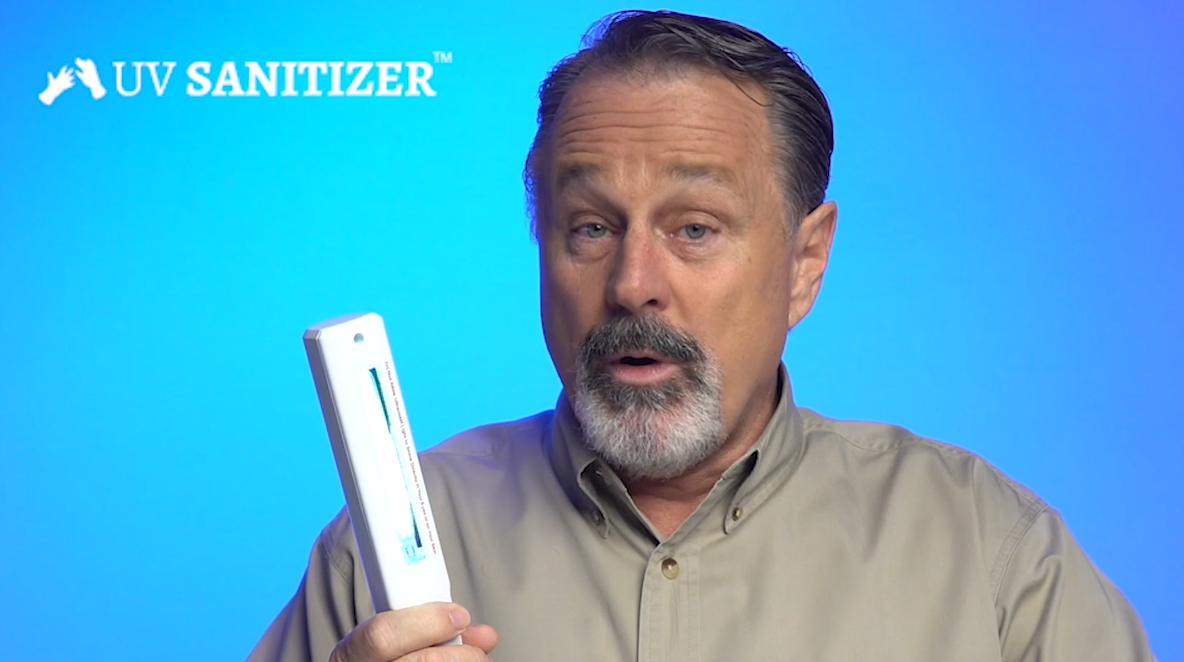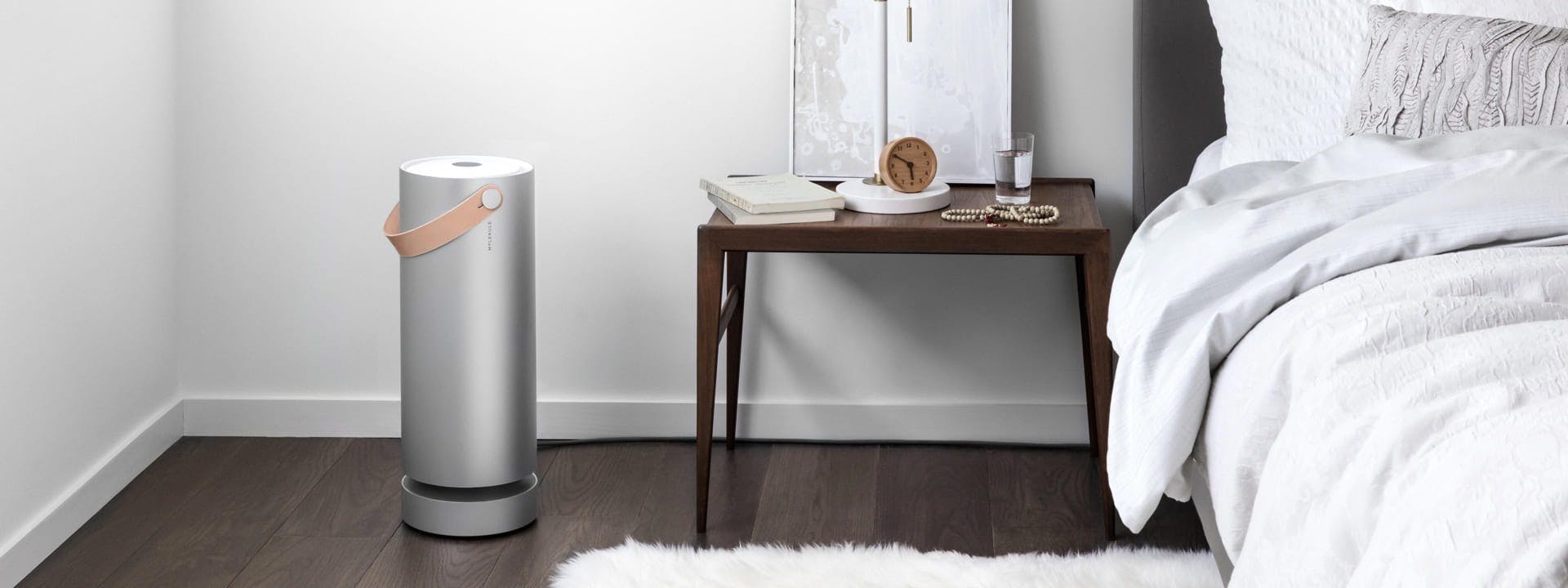
The Cost of Doing Business
Comparing the amount companies agree to pay to settle deceptive marketing charges with their annual revenue.
UPDATE 11/1/16: In October 2016, MyPillow agreed to stop marketing its pillow as able to treat or cure a variety of diseases and as the “official pillow” of the National Sleep Foundation as part of an agreement with California consumer protection officials aided by TINA.org’s findings. The company will also pay more than $1 million in penalties.
To be the “official” anything, bolsters a product’s reputation. To be the “official pillow” of a national sleep organization when the average American literally sleeps away more than 22 years of their life, is cause for celebration.
“Now I’m proud to announce that MyPillow is the official pillow of the National Sleep Foundation,” says Mike Lindell, inventor of MyPillow, in a recent TV commercial (though, in truth, the “official pillow” designation, which we’ll get into later, came in June 2014). “To celebrate, I’m giving you a very special offer,” Lindell continues. “Go to mypillow.com or call now to order one of MyPillows. When you do I’ll give you a second one absolutely free.”
But consumers should, a-hem, sleep on this supposed buy-one-get-one-free offer, in which you pay $99.97 for one MyPillow and get another MyPillow “free” (plus $19.95 shipping and handling, of course). A TINA.org reader’s recent email summed it up nicely:
When you get to the website the price is double what they charge if you buy a single pillow through the same website.
Indeed, the MyPillow homepage directs to a page whose sidebar advertises a promotion for one MyPillow at $49.99. And while you need a promo code to get a single pillow at that price, one is easily attainable by googling “MyPillow” and clicking on the company’s sponsored Google search result. Moreover, MyPillow sells single pillows on Amazon for $49.95, or half of what the company advertises as the “regular price.”
Others have complained to the FTC about the flawed BOGOF offer. Stated one complaint:
They have TV ads all day long, saying buy one pillow and get second one free. This is not true, they say their pillow is $99.97 and you get one free. But you can buy the same pillow on Amazon for $49.95 and even on My Pillow website they have a link … and the price is $49.99.
Citing consumer complaints such as these, the BBB in January 2017 revoked MyPillow’s accreditation and lowered its rating from an A-plus to an F. Meanwhile, a pending class-action lawsuit filed in October 2016 alleges that MyPillow inflates the regular price of the pillow consumers buy in order to offer the second pillow for “free.”
Here are a few additional reasons why MyPillow may not be “as cool as the other side of the pillow,” to quote an ESPN catchphrase:
This article was updated most recently on 1/3/17.
Our Ad Alerts are not just about false and deceptive marketing issues, but may also be about ads that, although not necessarily deceptive, should be viewed with caution. Ad Alerts can also be about single issues and may not include a comprehensive list of all marketing issues relating to the brand discussed.
Comparing the amount companies agree to pay to settle deceptive marketing charges with their annual revenue.
When it comes to UV devices and COVID-19, there is no magic wand.
Allergy and asthma testimonials persist in wake of inquiry by the National Advertising Division.

